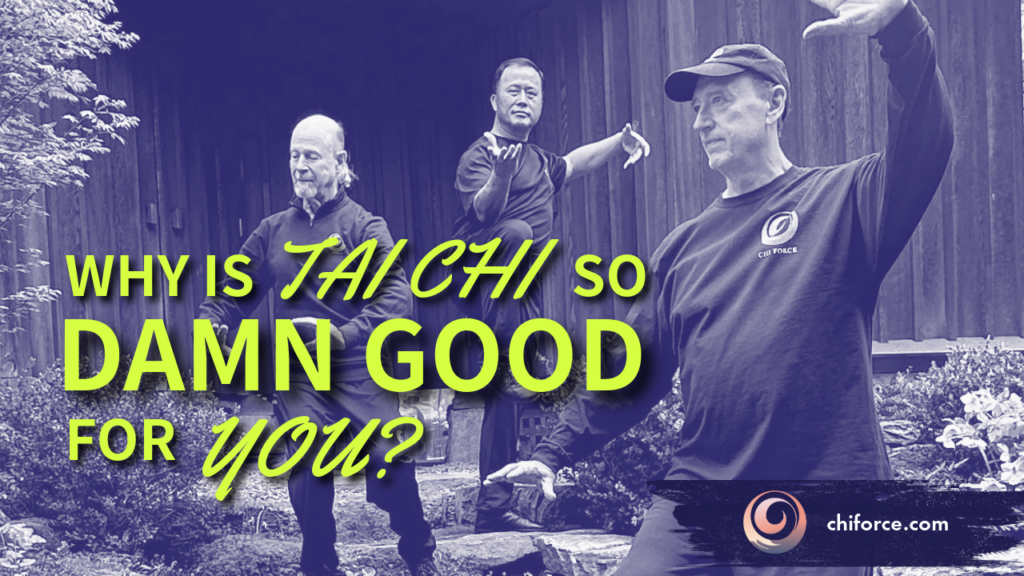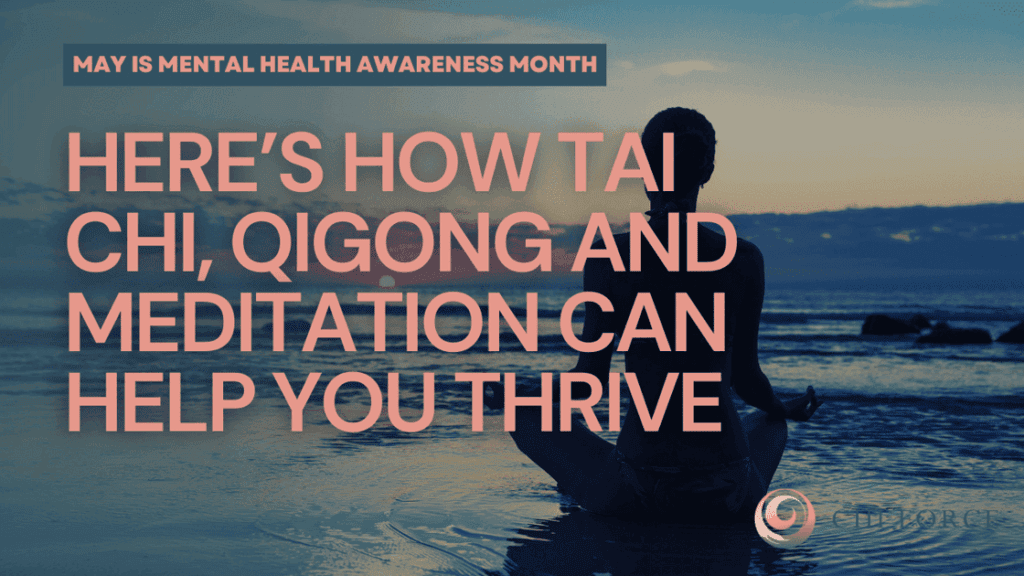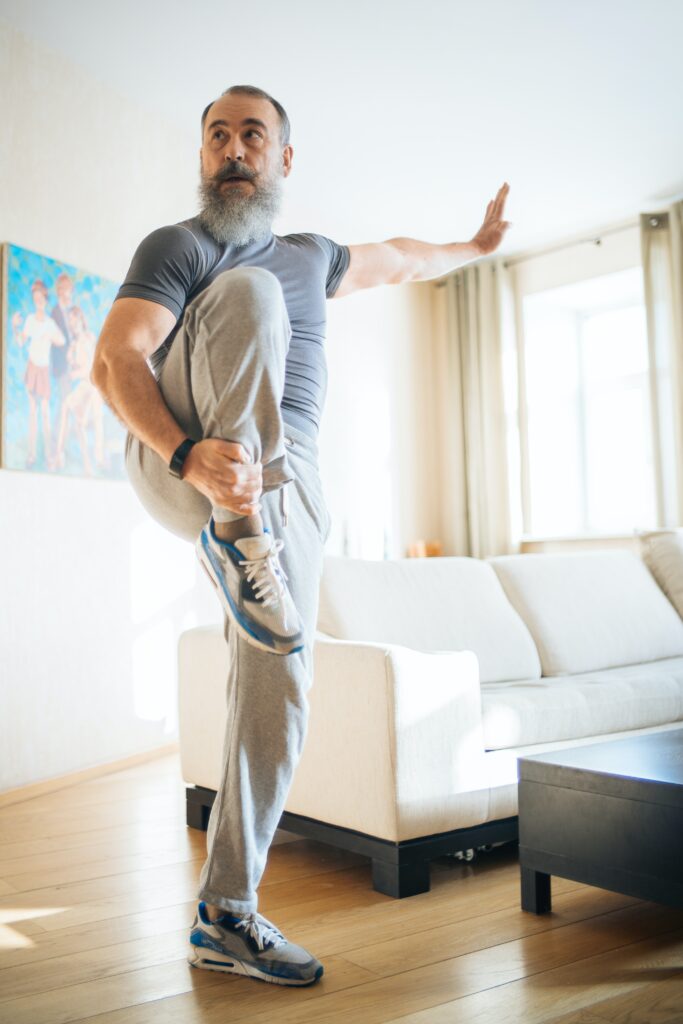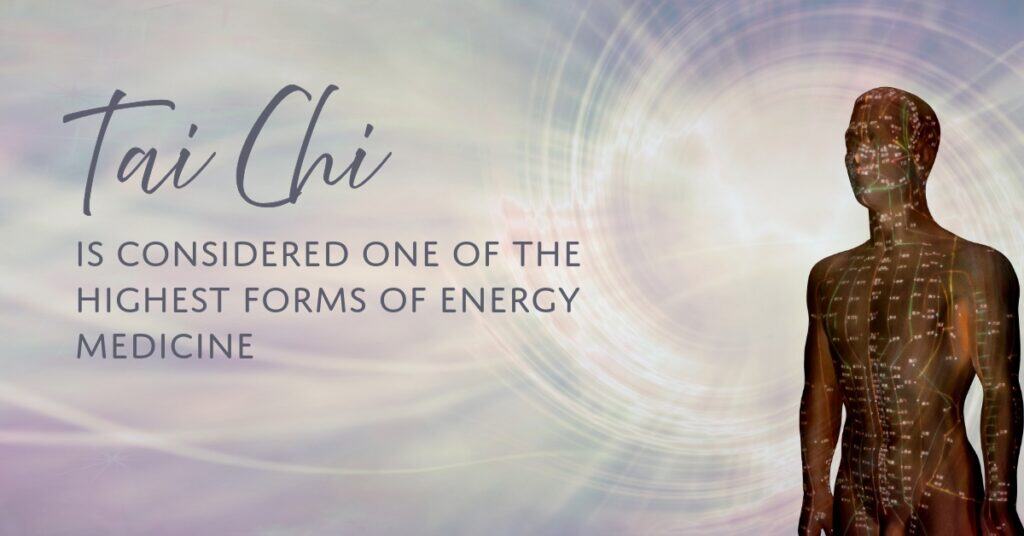Why is Tai Chi so Damn Good for You?

In a recent webinar, Tai Chi instructors and long-time practitioners gathered to discuss the science behind Tai Chi’s remarkable health benefits, bridging Traditional Chinese Medicine theory with contemporary medical research. The discussion revealed how this centuries-old practice is gaining recognition in Western medicine as one of the most effective exercises for overall health and longevity.
Harvard Medical School’s recent research prominently featured in the conversation, with studies ranking Tai Chi among the top two exercises recommended for adults. “What they found was conclusive,” noted Stephan Berwick. “They ranked it as one of the top two things you can do as we age.” Interestingly, yoga did not appear in Harvard’s top five list.
The benefits appear to be comprehensive. Recent studies show that Tai Chi’s standing postures are more effective for blood pressure control than traditional aerobic activity. The practice has also demonstrated significant impacts on balance, stress reduction, bone density, cognitive function, and joint health. For older adults, it’s particularly noteworthy in fall prevention, which instructors identified as the leading cause of catastrophic injury outside of automobile accidents for people over 55.
Personal testimonials during the webinar provided compelling evidence of Tai Chi’s impact. Alan Bandes, an 80-year-old instructor with 48 years of experience, shared how Tai Chi aided his recovery from major heart surgery. “I had more than one doctor tell me that if I were not doing what I was doing, I’d be dead,” he revealed. His physical therapist later remarked that his recovery metrics exceeded those of patients 20 years his junior.
The practice’s effectiveness appears to lie in its unique approach to movement. Unlike high-intensity interval training or traditional exercise routines, Tai Chi emphasizes slow, deliberate movements generated from the lower body. This method naturally engages the parasympathetic nervous system, promoting relaxation even during physical activity. The practice combines aspects of both dynamic and isometric exercise, offering cardiovascular benefits while strengthening core stability.
Henry Hsiang, a 60-year-old instructor from Stephan’s True Tai Chi school, emphasized how Tai Chi’s benefits extend beyond the practice space. During a recent mountain hiking trip, he noticed how his Tai Chi training enabled him to navigate challenging terrain with greater stability than younger hikers. “Tai Chi allows me to do the things that I can do,” he explained. “It’s not youthfulness that matters, it’s the quality of life.”
The webinar also explored Tai Chi’s relationship with Traditional Chinese Medicine, explaining how the practice helps balance the body’s energy systems. This holistic approach appears to contribute to its effectiveness in treating various conditions, from PTSD to chronic pain management.
For medical professionals increasingly recommending Tai Chi to patients, the webinar offered valuable insights into why the practice works. While doctors often prescribe Tai Chi based on empirical evidence, understanding its underlying principles can help guide patients toward more effective practice.
The discussion concluded with an important reminder: Tai Chi’s benefits aren’t reserved for older practitioners. “That’s another misconception,” noted Stephan Berwick. “In fact, the younger you get into this, all the better for you.”
As Western medicine continues to validate what practitioners have known for centuries, Tai Chi’s role in preventive health care and rehabilitation appears poised to grow. The practice offers a unique combination of physical exercise, stress reduction, and mindful movement that appears increasingly relevant in our modern health landscape.
For those interested in exploring Tai Chi, the instructors emphasized the importance of proper instruction and consistent practice. While the learning curve may be gentle, the potential benefits – from improved balance and cardiovascular health to enhanced cognitive function and stress reduction – make it a compelling option for anyone seeking to improve their overall health and wellbeing.






Responses